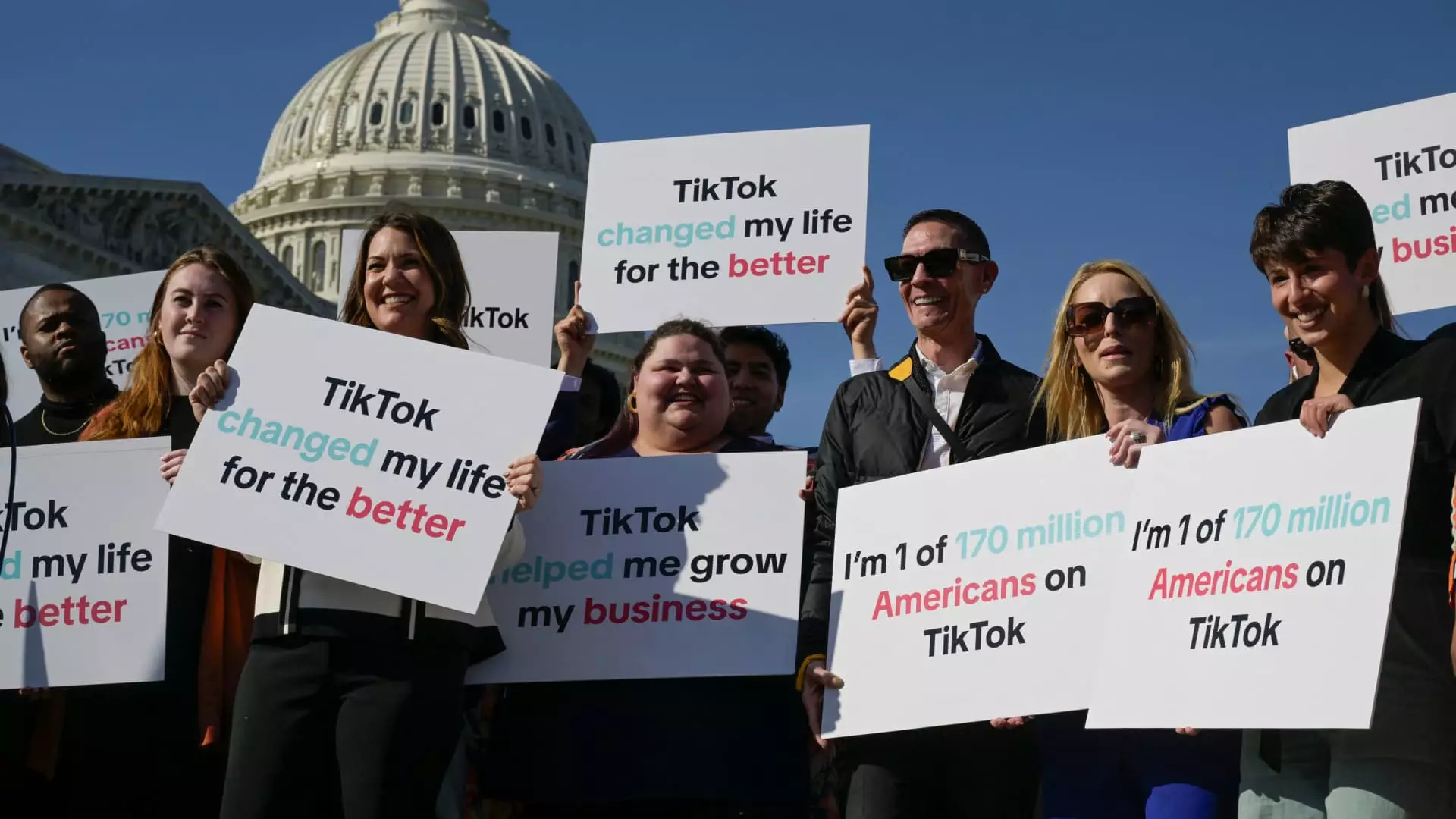In a recent statement, White House national security adviser John Kirby emphasized the urgent need for the Senate to advance a bill that would require Chinese technology company ByteDance to sell TikTok. The House passed the bill with overwhelming bipartisan support, prompting the White House to call for swift action in the Senate. Kirby expressed concerns regarding data security and the potential implications of ByteDance and the Chinese Communist Party having access to American user information.
Despite the House’s resounding approval of the bill, the Senate has been slow to act, citing a busy week ahead with negotiations on a budget resolution. Senate Majority Leader Chuck Schumer has made it clear that he is in no rush to address the TikTok bill and has not committed to a specific timeline for a vote. Some lawmakers, such as Bill Cassidy and Ben Cardin, have expressed support for the measure but have hesitated to fully commit.
The TikTok bill has sparked debate not only within Capitol Hill but also among public figures outside of the political sphere. Former President Donald Trump, who previously advocated for a TikTok ban during his time in office, has now voiced opposition to the potential ban. Trump’s stance has raised questions and drawn attention to the complexities of the issue. Former Vice President Mike Pence has also weighed in, citing Trump’s opposition to the bill as a key factor in his decision not to endorse him for the upcoming election.
Implications for Data Security and National Interests
At the heart of the debate over the TikTok bill lies concerns over data security and national interests. With the increasing digital footprint of social media platforms, the idea of a foreign-owned company having access to sensitive user information is a cause for alarm. The push to require ByteDance to sell TikTok to an American company reflects a broader effort to safeguard data and protect national security interests.
As the debate over the TikTok bill continues to unfold, it is essential for lawmakers to carefully consider the implications of their decisions. The clash between data security, national interests, and economic considerations underscores the complexity of the issue at hand. With a divided response from both the government and the public, the future of TikTok in the United States remains uncertain. It is crucial for policymakers to navigate these challenges thoughtfully and with a clear understanding of the stakes involved.



Leave a Reply